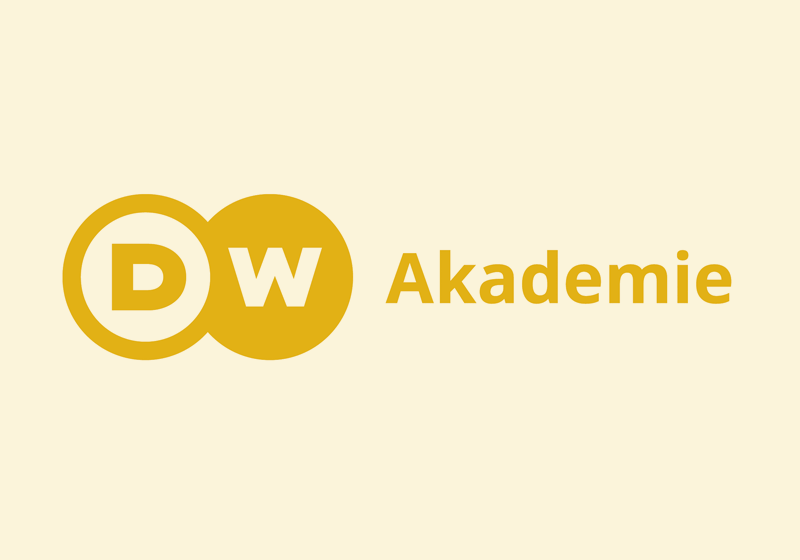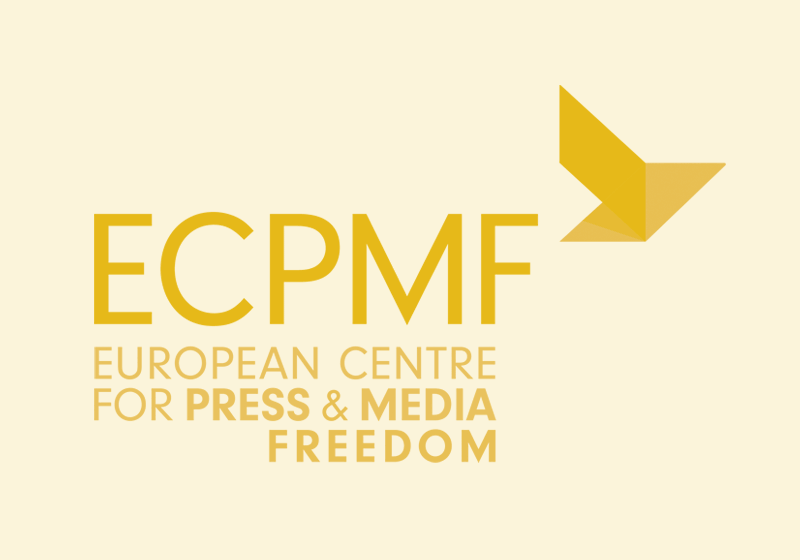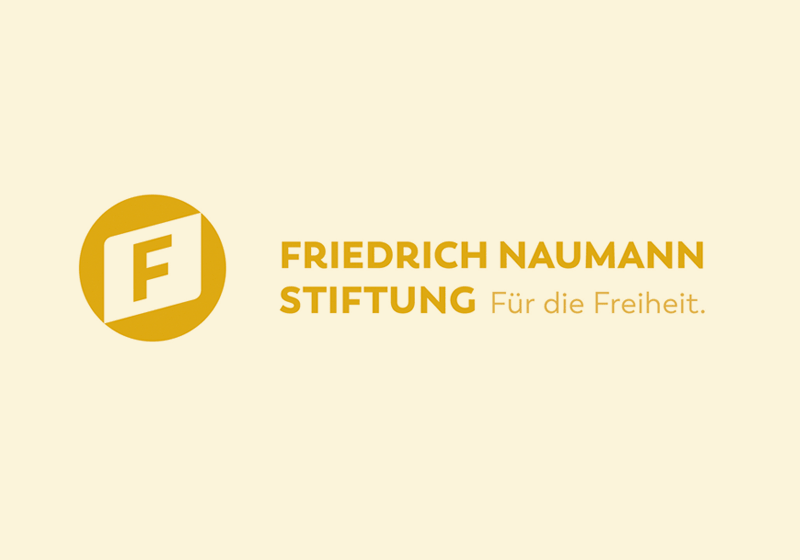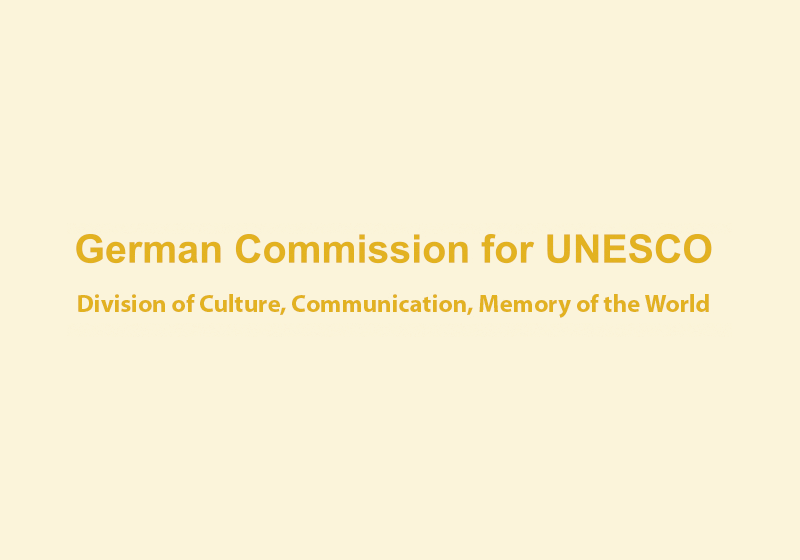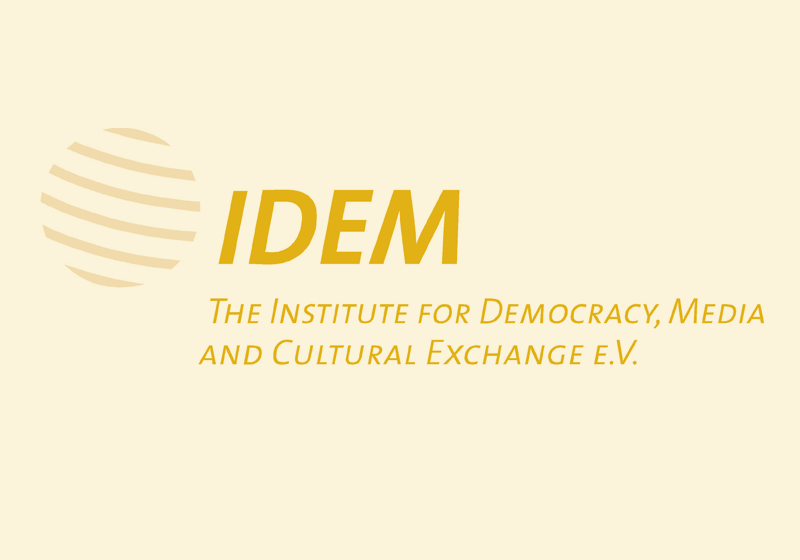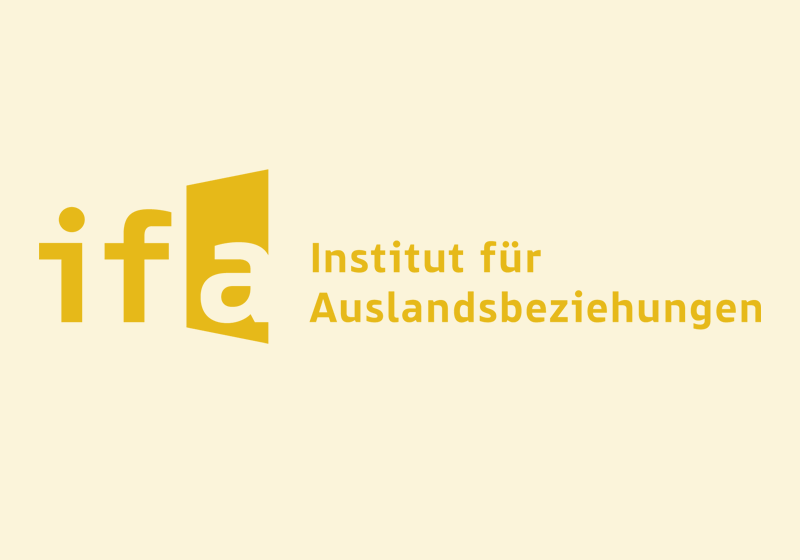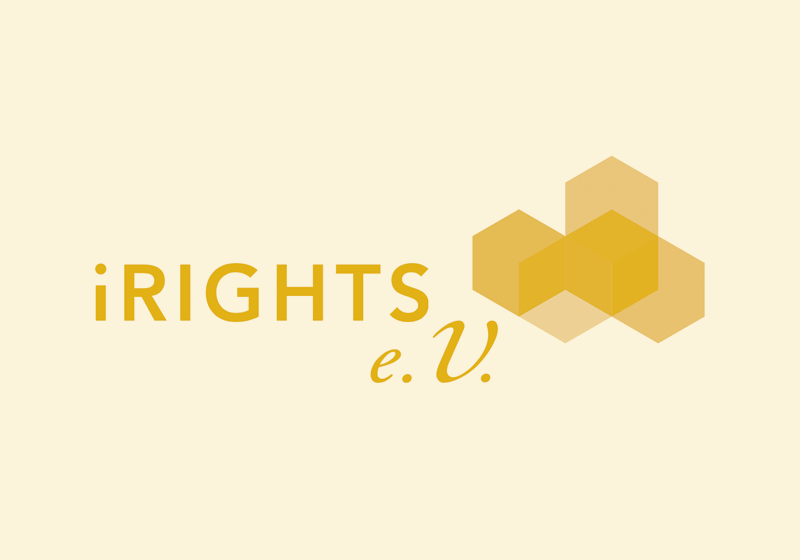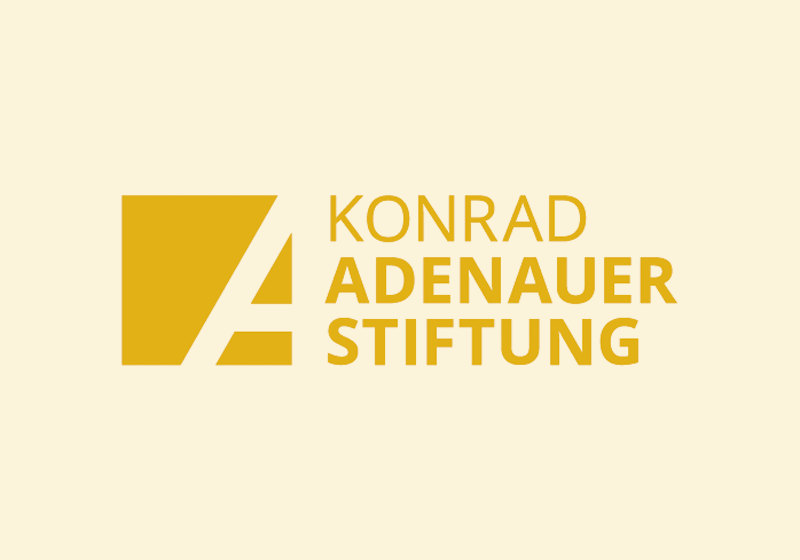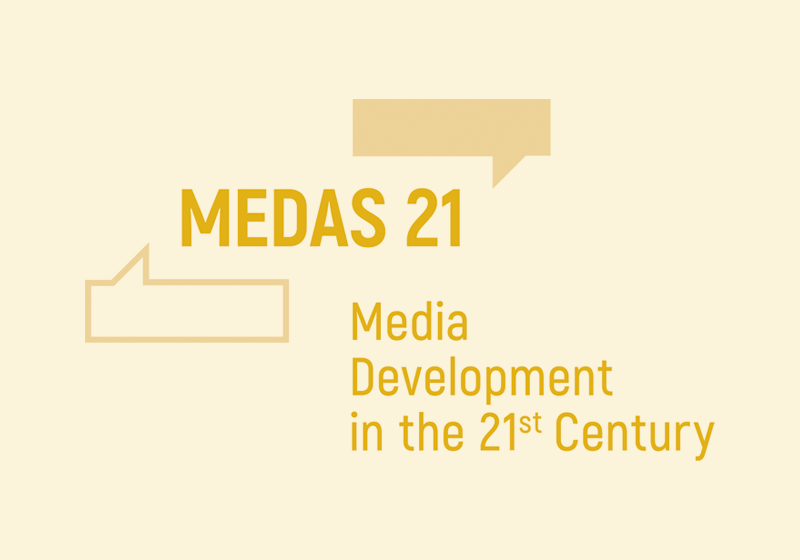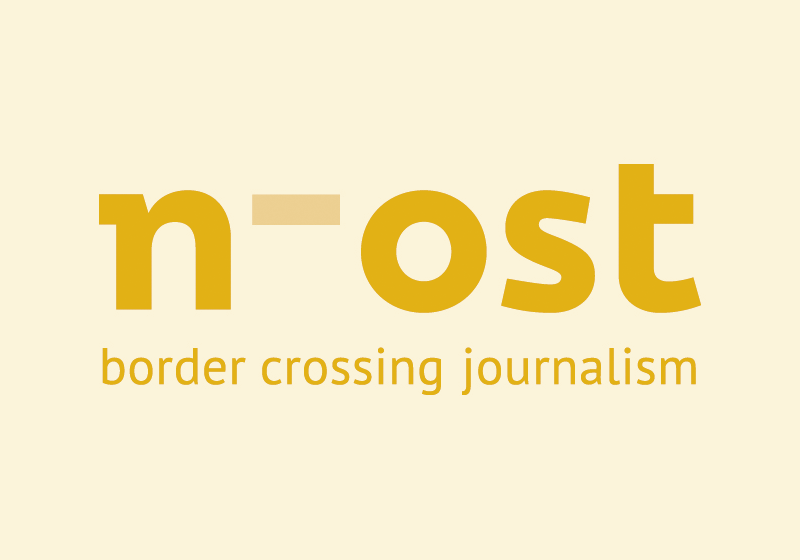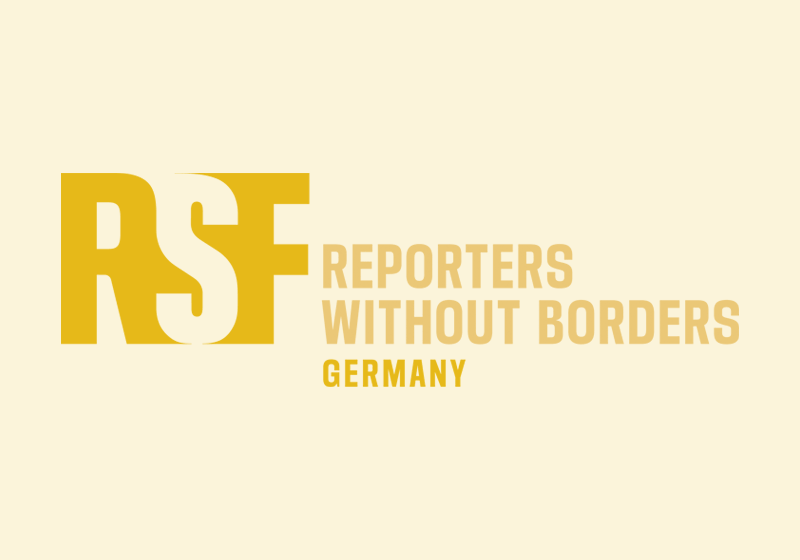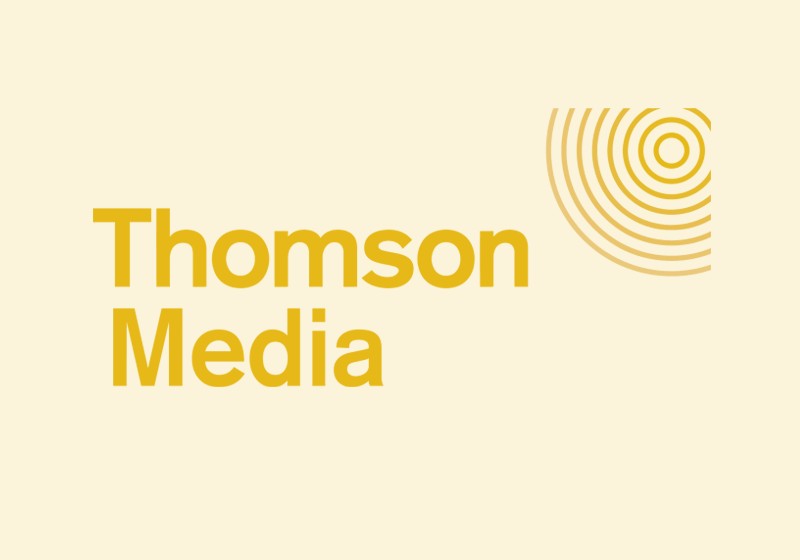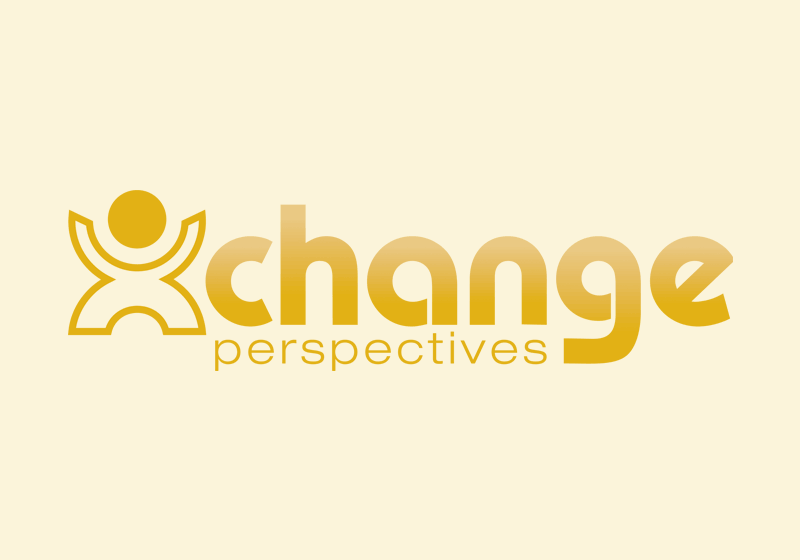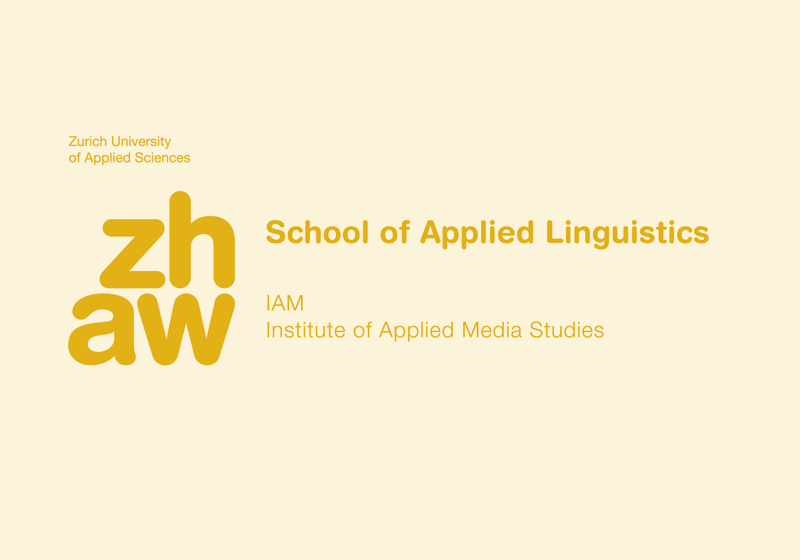Security Threats in the Digital Era: Battlefields of political ideology
By Toqa Pia Hilal, Srinivas Mazumdarum and Eira Martens
The role of social media in past, current and future revolutions is becoming not only a widely discussed but also a highly controversial topic. Highlighting the impact of Facebook and Twitter on supporting the so-called Arab Spring revolutions, the speakers of the session on “Security Threats” portrayed not only the bright side of this rapidly evolving social media usage, but also the ugly side.
On Day 2 Fadi Salem, Director of the Governance and Innovation Program at the Dubai School of Government (DSG) gave a speech on the subject “Security Threats in the Digital Era.” Having recently published the second Arab Social Media Report and currently working in the third edition, Salem
Growing political dimension of social media
After the rise of social media being used for entertainment and other social purposes, the political dimension Facebook, Twitter and other tool has started to grow only in recent years. After elaborating on the positive contribution social media can have in clarifying the truth , Salem pointed out the abuse and manipulation of social media platforms by some activists and journalists damaging the credibility of the platforms and integrity of those who are contributing content. He stressed the significance of promoting independent investigative journalism around the world and more specifically in fragile countries of the Middle East, where public opinion is prone to manipulation.
Salem highlighted five key threats for effective citizen journalism:
- State censorship as well as self-censorship of media
- Internet monitoring and censorship
- Legal Implications
- Propaganda
- Counter Hactivism
Every Facebook page has now a counter page
The second speaker during this session was Thaweeporn Kummetha, a Thai journalist and blogger who is currently Web Editor at the Thai Netizen Network (TNN). Thaweeporn presented a case study of media control inThailand, in particular the various laws that affect journalists in carrying out their duties. Effectively, any kinds of statements criticizing or defaming monarchy are punishable with prison sentences lasting several years. The government monitors the internet and blocks websites that are perceived as critical of the establishment. Also in Thailand“social networks have become battlefields for political ideologies” and for every Facebook page there is a counter page.





